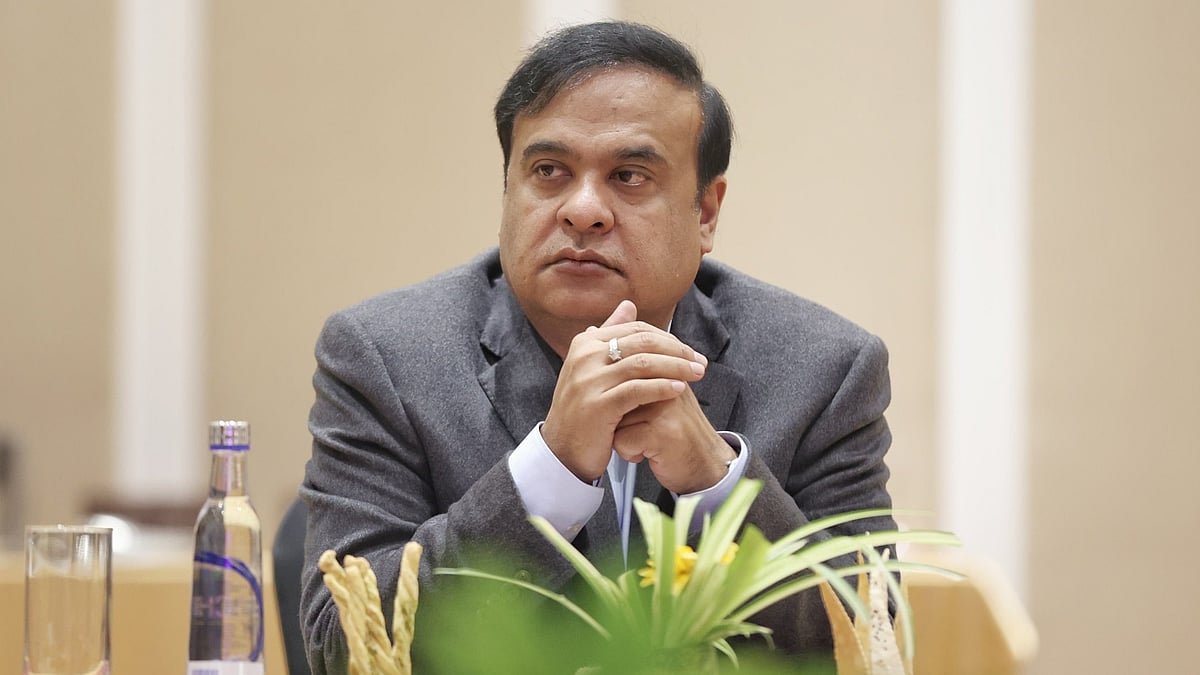Guwahati: Assam Chief Minister Himanta Biswa Sarma has urged the Centre to expedite efforts in creating an underground railway and road networks both underneath and around the Chicken Neck – the 34 km narrow passage that connects the Northeast to the rest of the country through Siliguri in West Bengal.
The Chief Minister’s request comes in the wake of recent remarks made by Muhammed Yunus, the chief Advisor of Bangladesh’s interim government, who referred to India’s Northeast as a “landlocked” region and positioned Bangladesh as the “guardian” for access to the Bay of Bengal.
The Chief Minister pointed out that such remarks revive an ongoing discourse surrounding India’s Chicken’s Neck, stressing that divisive forces have historically used the corridor to politically undermine India’s sovereignty.
“There has been much political discourse around the Chicken’s Neck over time. Divisive forces have sought to exploit this geographical vulnerability, even using it as a tool for political blackmail,” Sarma said.
The Chief Minister highlighted that the Northeast’s strategic connection to the mainland must not be jeopardised, citing historical instances where internal elements within India have dangerously suggested cutting off the region from the rest of the country.
“Therefore, it is imperative to develop more robust railway and road networks both underneath and around the Chicken’s Neck corridor,” Sarma said, in a detailed social media post.
Sarma also stressed on the strategic need for improved connectivity in the Northeast. He highlighted concerns over the vulnerability of the Chicken’s Neck corridor.
“I urge the government to establish an alternative route bypassing the corridor through Bhutan,” Dr. Sarma asserted.
He also proposed the exploration of alternative road routes to connect the Northeast to mainland India, bypassing the Chicken’s Neck.
He acknowledged the engineering challenges such a project would entail but assured that it is possible with determination and innovation.
Addressing the provocative comments made by Yunus, Sarma warned that such remarks should not be taken lightly, adding that they reflect deeper strategic concerns and long-standing agendas that could undermine India’s regional stability.
Earlier, during his four-day visit to China, Yunus had sparked controversy by referring to India’s Northeast as a “landlocked” region and highlighting Bangladesh’s role as the “guardian” of ocean access.
His comments were widely criticised for using India’s internal geography to justify strengthening Sino-Bangladesh ties.
